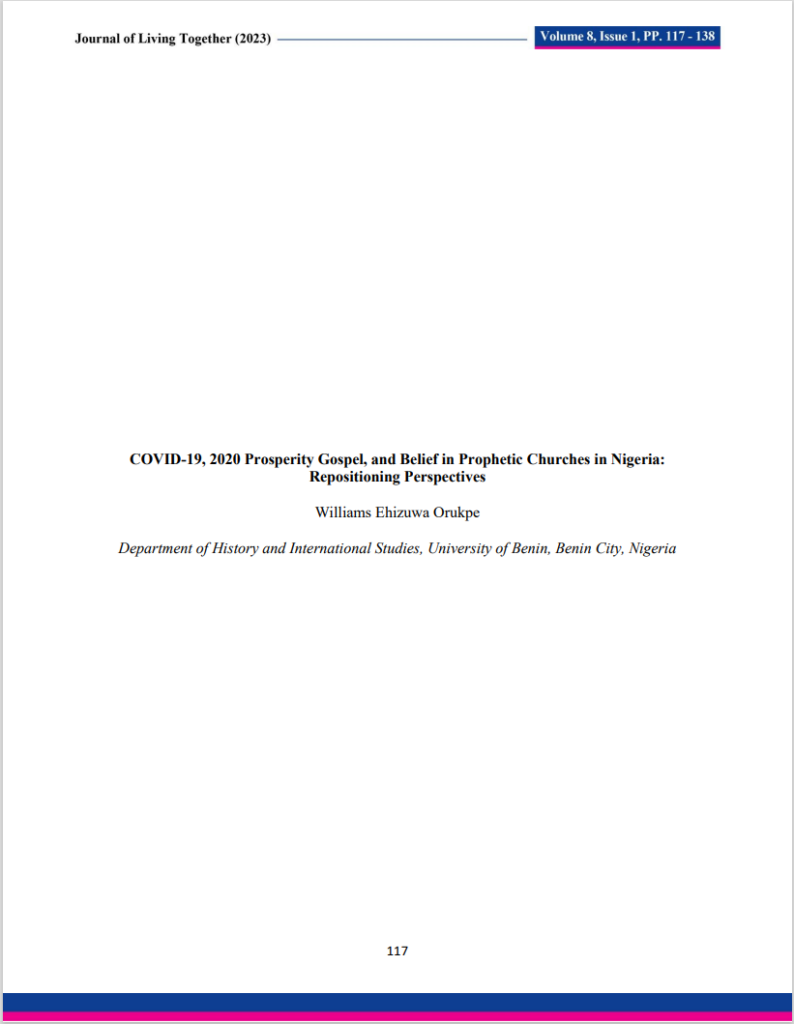Inauguration of the World Elders Forum

One of the outcomes of the ICERM’s 5th Annual International Conference is the creation and inauguration of the World Elders Forum, an international forum for traditional rulers and indigenous leaders.
The traditional rulers and indigenous leaders present at the 5th Annual International Conference on Ethnic and Religious Conflict Resolution and Peacebuilding held at Queens College, City University of New York, from October 30 to November 1, 2018, unanimously agreed to create the World Elders Forum to harmonize the efforts of traditional rulers and indigenous leaders from countries around the world in order to promote global peace and security.
Below is the communiqué released by the World Elders Forum members who attended our conference.
World Elders Forum Pledge
- Knowing that the traditional rulers and indigenous leaders are the custodians of peace at the grassroots levels;
- Given that the traditional rulers and indigenous leaders have been historically marginalized from participation in international discussions on peace and security;
- We, the traditional rulers and indigenous leaders present at the 5th Annual International Conference on Ethnic and Religious Conflict Resolution and Peacebuilding held at Queens College, City University of New York, from October 30 to November 1, 2018, have unanimously agreed to create the World Elders Forum to harmonize the efforts of traditional rulers and indigenous leaders from countries around the world in order to promote global peace and security;
- As an organ of the International Center for Ethno-Religious Mediation, the World Elders Forum will synergize our efforts to draw attention to the plights of indigenous peoples worldwide and help strengthen our capacity for conflict resolution;
- On this day, November 1, 2018, we hereby pledge our support to this end, and affirm that His Royal Majesty King Bubaraye Dakolo, Agada IV, Ibenanaowei of Ekpetiama Kingdom, Bayelsa State of Nigeria, has been unanimously elected to serve as the Interim Chair of the World Elders Forum.



